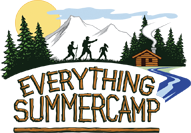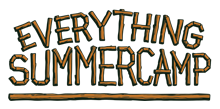Happy Hanukkah!
This evening will mark the last night of Hanukkah, or the Festival of Lights—a widely celebrated Jewish holiday commemorating the defeat of the Seleucid Greek rulers of the land of Israel in the second century B.C.E by Hebrew soldiers, the Maccabees.
The eight days of Hanukkah are about a seven-day miracle in which the Maccabees only had enough oil to light their temple’s eternal flame for a single day, yet the lamp kept on burning for eight!

Let’s take a deeper look into some things you may not have known about this Hebrew holiday.
Biblical Hanukkah
The Tanach is pretty much the equivalent to the Christian Bible when it comes to the Jewish faith. But did you know that unlike any other Jewish holiday, the Tanach makes no mention of Hanukkah. No one knows why. Strangely enough, the Hanukkah story can be found in the Christian Bible but not the Jewish one.
Oil Have Something to Eat
As mentioned earlier, Hanukkah celebrates the miracle the Maccabees witnessed of the oil that burned for eight days. The importance of oil is honored throughout traditional Hanukkah recipes—all of which are fried in oil: Donuts, Latkes, Fried Fish, Fried Sweet Cake, Deep-Fried Pancakes packed with cheese.
Calendar like Clockwork
Hanukkah consistently falls on the same date every year: the 25th of Kislev (a month of the Hebrew calendar). The Hebrew calendar and the Gregorian calendar are very different, however, which is why Hanukkah comes at different dates between November and December. The Hebrew calendar is a lunisolar calendar, based on the sun and the moon while the our Gregorian calendar only considers the sun.
I hope you’ve all had a great Hanukkah celebration these last seven nights! Make tonight something special. Happy Hanukkah one last time and, as always, thanks for reading!
- John





